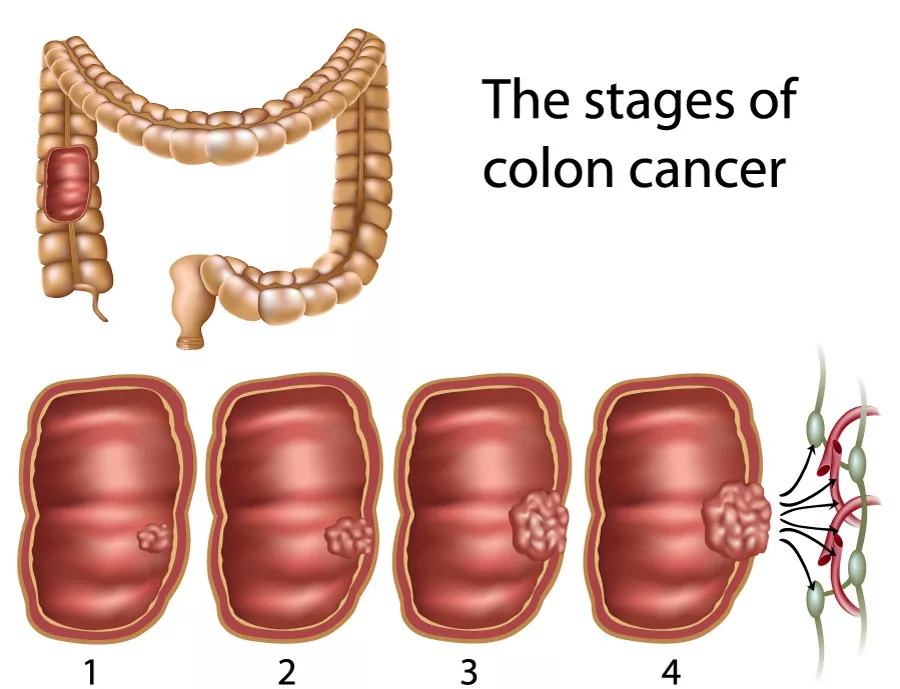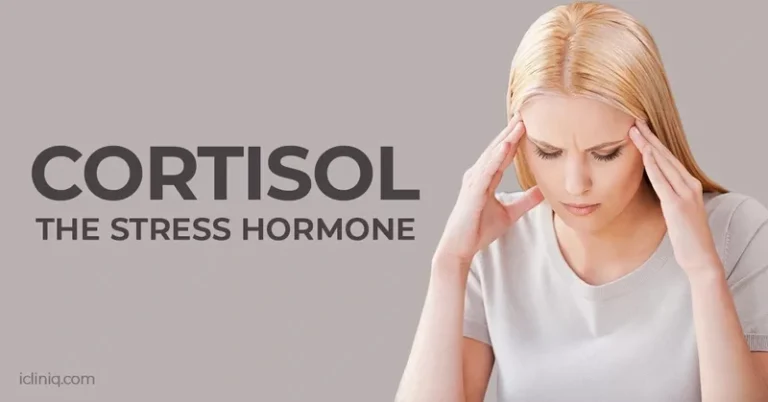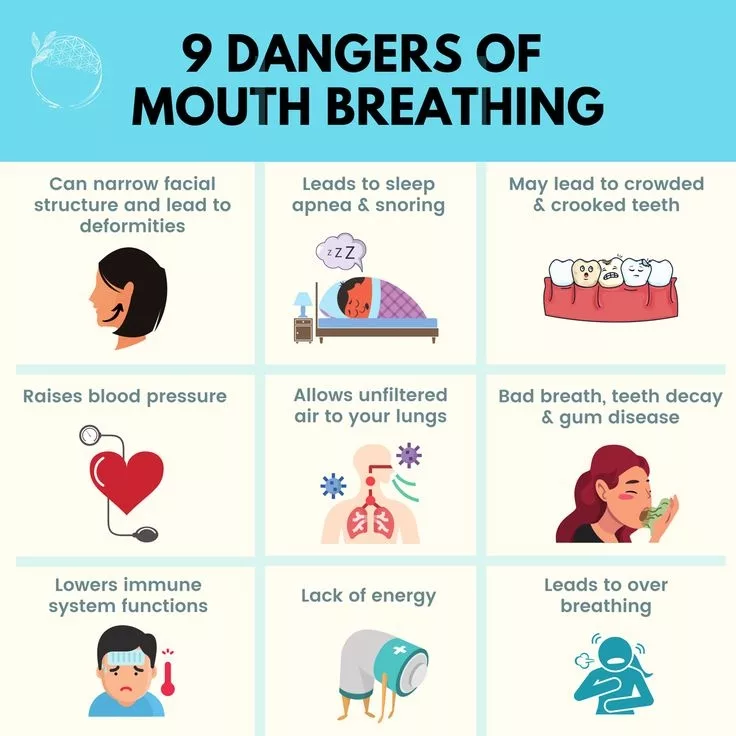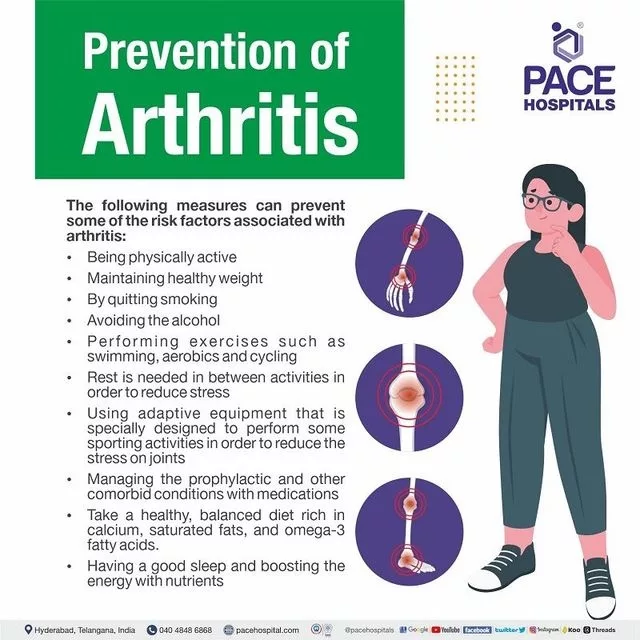Everything About Colorectal Polyps
Hello, today I’ve brought a somewhat serious topic. I want to talk about colorectal polyps, something anyone in modern society has likely heard of at least once. With the increasing interest in health these days, colorectal health is also an aspect we cannot ignore. So today, we will take a closer look at what colorectal polyps are and why we should pay attention to them. Let’s learn together! 😊
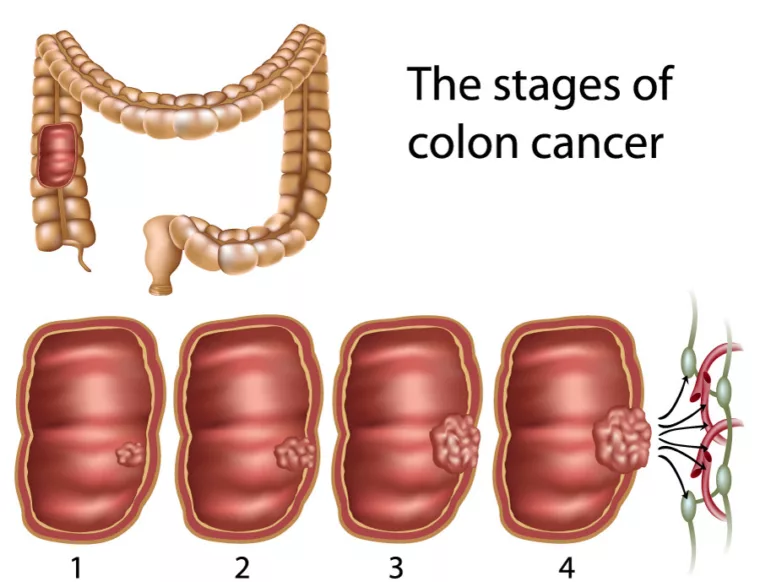
- What Are Colorectal Polyps?
- Main Causes and Risk Factors of Colorectal Polyps
- Symptoms and Signs of Colorectal Polyps
- Diagnosis Methods and Procedures for Colorectal Polyps
- Understanding Diseases Associated with Colorectal Polyps
- Lifestyle Habits for Preventing Colorectal Polyps
- Treatment Methods and Management of Colorectal Polyps
- Diet and Nutritional Management for a Healthy Colon
What Are Colorectal Polyps?
Colorectal polyps refer to abnormal tissue growths that occur on the lining of the colon. They are usually benign, but some can develop into malignant forms over time. Colorectal polyps are categorized into various types based on their size and shape, with the most common forms being adenomatous and hyperplastic polyps. Adenomatous polyps have a higher risk of developing into cancer, so they require careful monitoring. These polyps often present no symptoms, making early detection challenging, which is why regular colonoscopy screenings play a crucial preventive role. Therefore, understanding colorectal polyps is essential for maintaining good health.
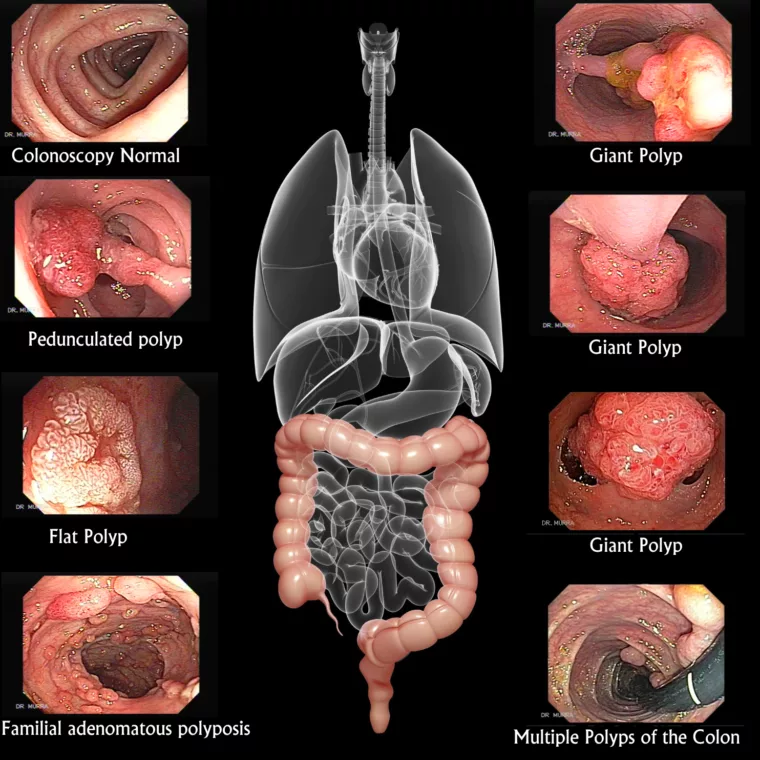
Main Causes and Risk Factors of Colorectal Polyps
The main causes of colorectal polyps result from a combination of genetic and environmental factors. If there is a family history, the risk of developing colorectal polyps increases, and certain genetic diseases like familial adenomatous polyposis also contribute. Additionally, lifestyle factors such as diet, obesity, lack of exercise, smoking, and alcohol consumption are significant risk factors. Specifically, diets high in fat and low in fiber can negatively affect colon health, making healthy eating habits necessary for prevention.
Symptoms and Signs of Colorectal Polyps
Colorectal polyps generally do not show specific symptoms in their early stages. However, if the polyps grow larger or multiple polyps develop, symptoms such as changes in bowel habits (e.g., constipation or diarrhea), blood in the stool, and abdominal pain may occur. These symptoms can also be related to other conditions like colitis or colorectal cancer, so it is important to consult a medical professional immediately. Regular screenings are recommended, especially for adults over 50 or those with a family history. The earlier the detection and appropriate action are taken, the better the chances of maintaining a healthy colon.
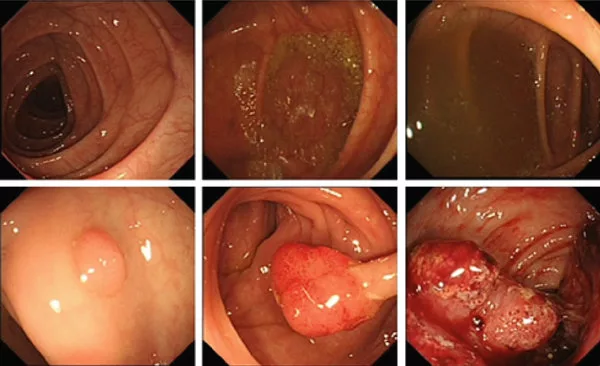
Diagnosis Methods and Procedures for Colorectal Polyps
The diagnosis of colorectal polyps is primarily done through colonoscopy. A colonoscopy is a procedure that allows direct observation of the colon using an endoscope, and if polyps are found, a biopsy can be performed immediately for tissue testing. Other auxiliary diagnostic methods, such as CT colonography and fecal occult blood tests, may also be used. The diagnostic process is thorough and includes the patient’s history and symptoms, allowing for the determination of the presence, size, type, and location of polyps to establish appropriate treatment options.
Understanding Diseases Associated with Colorectal Polyps
Diseases associated with colorectal polyps include not only colorectal cancer but also colitis, Crohn’s disease, and ulcerative colitis. Notably, adenomatous polyps have a risk of developing into colorectal cancer, making early detection crucial. Colitis causes inflammation of the colon, which can present symptoms similar to those of colorectal polyps, necessitating differential diagnosis. These conditions can adversely affect colon health over the long term, so it is essential to consult a specialist if symptoms arise.
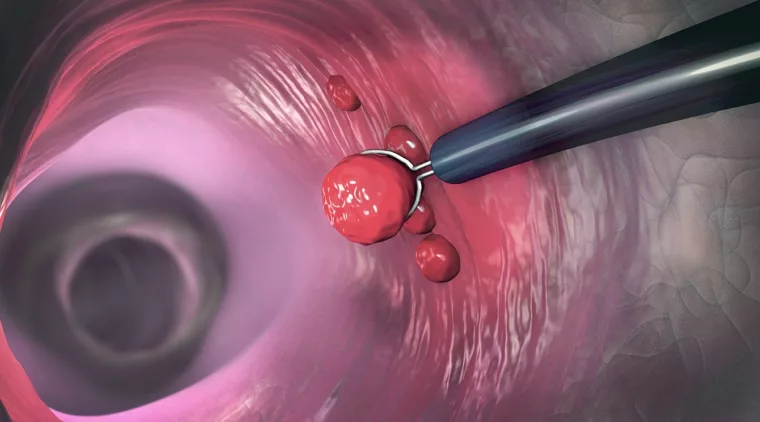
Lifestyle Habits for Preventing Colorectal Polyps
To prevent colorectal polyps, maintaining healthy lifestyle habits is important. It is necessary to adhere to a balanced diet and consume adequate fiber, which supports colon health and helps prevent constipation. Regular physical activity also positively impacts colon health. Managing factors such as obesity, smoking, and excessive alcohol consumption is crucial, as these can increase the risk of developing polyps. Lastly, regular colon screenings are vital for early detection and removal of polyps, so it’s essential not to miss the screening schedule.

Treatment Methods and Management of Colorectal Polyps
The treatment for colorectal polyps varies based on the type and size of the polyp. Small polyps can be removed through colonoscopy, which is a non-invasive method. In contrast, larger polyps or those with a possibility of malignancy may need to be surgically removed. After treatment, regular screenings are important to check for recurrence. Additionally, maintaining a healthy diet and lifestyle is crucial, and following the doctor’s advice for regular health check-ups significantly aids in managing colon health.

Diet and Nutritional Management for a Healthy Colon
Nutritional management is vital for maintaining a healthy colon. A diet rich in fiber is particularly beneficial and can be obtained from vegetables, fruits, whole grains, and legumes. These foods improve the intestinal environment and enhance bowel movements, helping to prevent constipation. Including healthy fats, such as olive oil, while minimizing the intake of red and processed meats is advisable. It’s also essential to stay hydrated, as adequate fluid intake is crucial for maintaining colon health.
